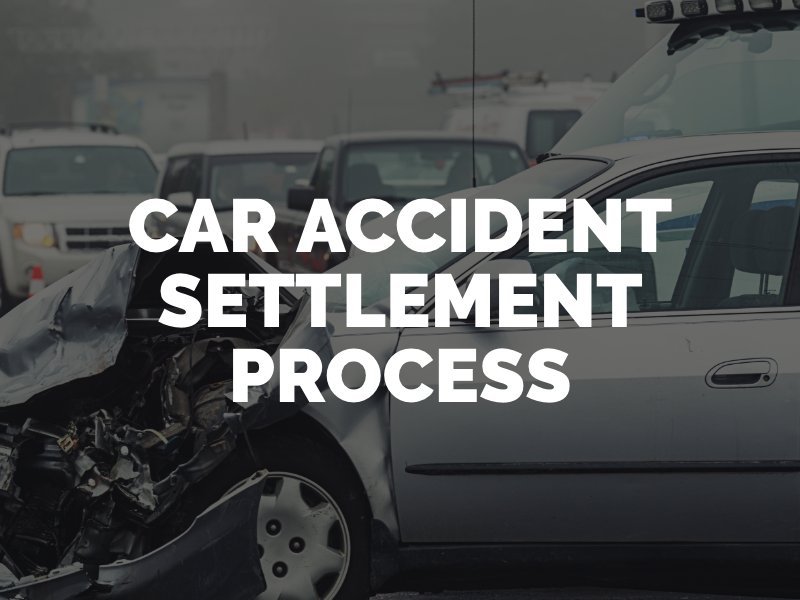How Does the Car Accident Settlement Process Work?
Recovering after an auto accident takes certain steps as a victim. An important one is initiating the insurance claims process. Filing an insurance claim can lead to financial compensation that will help you get back on your feet, such as reimbursement for your medical bills and property damage repairs. Learn what to expect from the car insurance settlement process in California to prepare for what comes next. If you have any questions, speak with a Los Angeles personal injury attorney experienced in car accident cases.

Gather Insurance Information
First, you will need to get the other driver’s car insurance information while you are at the scene of the accident. Be polite with the other driver but do not apologize for the crash or admit fault. Ask for the driver’s name, contact number and insurance information. Exchange your information with the other driver as well. Call the police to report the accident if it was serious or if the other driver is not cooperating. If the other driver appears intoxicated, this is also a reason to call the cops. Take photographs of your vehicle damages while still at the scene. The insurance company may want these images as well as a police report number.
Call the At-Fault Driver’s Insurer
Since California is a fault insurance state, call the insurance company of the at-fault driver to file your initial claim. Call the number on the other driver’s insurance card or search for the customer service line on the provider’s website. Report your crash in detail, explaining how many people it involved, what injuries you suffered and how it happened. Do not make guesses or speculate. State only the facts of the case as you know them. Do not offer any information the insurance agent does not request.
Work With a Claim’s Adjuster
The other driver’s insurance company will assign someone called a claims adjuster to your case. The insurance claims adjuster is a professional with the job of assessing cases and deciding whether to approve them. An adjuster may see three or four cases per month. In general, you will know more about your collision than the claims adjuster. Use this to your advantage. Do not settle for less than you believe your accident or injuries are worth. The insurance claims adjuster’s goal will be to save the insurance company money, but you can protect yourself with a few tips.
- Do not give a recorded statement.
- Do not admit fault or say you are sorry.
- Wait to say you have no injuries until you have been to a doctor.
- Do not exaggerate, lie or speculate.
- Keep your answers short and simple.
- Do not accept the first settlement offer.
- Speak to an attorney before saying yes to a settlement.
You will have the opportunity to demand a compensatory award you believe is fair for your damages. The insurance adjuster may then request documentation to support the amount you are requesting, such as medical statements or auto shop quotes. If the insurance adjuster approves your claim, he or she will offer a settlement. You may then accept the settlement or negotiate for more reasonable compensation. You always have the option of hiring a Los Angeles auto accident attorney to assist you.
Negotiate a Fair Case Outcome
If you suffered catastrophic injuries, lost a loved one or are facing insurance bad faith, contact an attorney to help you with your claim. A lawyer can take over negotiations so you can focus on healing. Your lawyer will make sure the insurance claims adjuster handles your case fairly while negotiating for an appropriate amount on your behalf.
If settlement negotiations fail, your lawyer can help you take your car accident case to court instead. A trial against the at-fault party could result in maximum compensation for your losses. It takes longer, however, than a settlement. If you settle your case, you could receive a check within three months or less. Proceeding to court can take a year or longer for payout. Work with an attorney to learn what to expect during your specific case.
